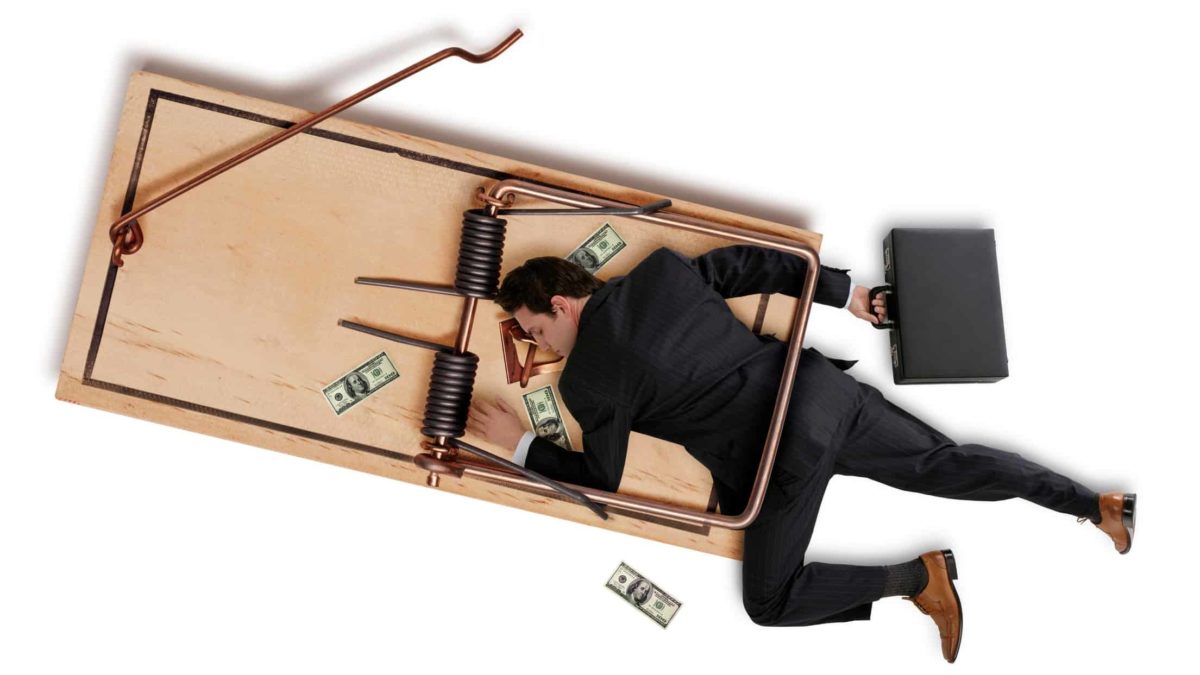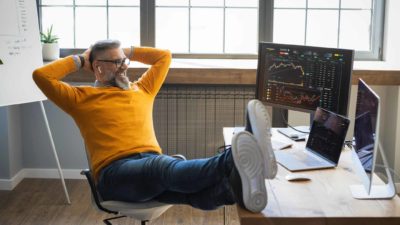A behavioural finance expert has warned a deadly combination of share market volatility, economic conditions and rise in crypto-assets has massively increased the risk of "emotional investing".
Emotional investing describes investors selling and buying impulsively without regard to the fundamental merits of the asset.
Oxford Risk behavioural finance head Dr Greg B Davies said that the current conditions have formed "the perfect storm" for emotional investing.
"Following the coronavirus crash in the first quarter of last year when stock markets saw big falls, we are now in a bull market, with markets around the world rising. Optimism is higher because of hopes around the coronavirus vaccine roll-out and economic and fiscal stimulus programmes," he said.
"However, there are huge economic problems ahead around unemployment and huge public spending deficits for example, so we should expect the unexpected in the markets over the coming months."
Emotional investing manifests in buying when prices are high and selling when prices are low, leading to losses for the investor.
Oxford Risk previously calculated emotional investing averages out to about 3% per annum in lost returns. But the software maker warned the current "crisis" would punish investors even more.
Low interest rates and the rise of cryptocurrencies like Bitcoin (CRYPTO: BTC) have compelled investors to take on high risks that they would otherwise ignore.
"The pandemic means many investors are currently highly emotionally sensitive and have a shortened emotional time horizon which increases the appeal of get-rich-quick gambles," said Davies.
"The rise in the value of Bitcoin has also led to a crypto-assets 'gold rush', with retail investors piling into an incredibly volatile asset class that most don't understand."
Cashing out isn't the answer either
Stockpiling cash in volatile times might seem like a safe idea, but this reticence also costs investors dearly.
Oxford Risk estimated that this "reluctance" costs investors (or non-investors) in the long term about 4% to 5% per annum.
This inertia can grip even professional investors in volatile times.
GMO co-founder Jeremy Grantham, in a letter to investors in the middle of the global financial crisis, warned of "terminal paralysis".
"Those who were over-invested will be catatonic and just sit and pray. Those few who look brilliant, oozing cash, will not want to easily give up their brilliance," he said.
"So almost everyone is watching and waiting with their inertia beginning to set like concrete."
Collins St Value Fund managing director Michael Goldberg said last month that it's a golden time to buy when markets are down, not the other way round.
"It's precisely during those times that all those around you think you are crazy, when even your 'gut' insists that you're making a mistake that true long term profits are established," he posted on Livewire.
"It's in recognising that discomfort and realising that therein lies the opportunities that the greatest investors make the most spectacular returns."
Goldberg said, as human beings, no one can completely eliminate emotion from decision making.
"We can't expect to disconnect ourselves entirely from the impact of emotions when making investment decisions, but we can put in place a process that ensures that we are not driven by them."









